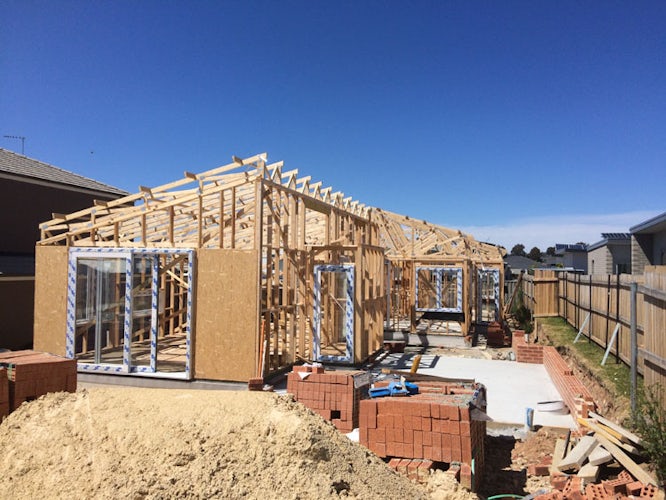Housing activity plummets, only 75% of apartment resales make profit, and the effects of the global market on NZ.
Too long; didn't read? Here're this week's TLDRs...
93% of resales make a profit in Q4 2024, only 75% of apartment resales make profit
Read the article
High housing stock levels mean buyers have more choice
Read the article
Could US bank crunch hit New Zealand?
Read the article
TA: What’s holding buyers back?
Read the article
Auckland housing developments encounter pushback
Read the article
CHCH Mayor to travel to Wellington to discuss housing density plans
Read the article
Unemployment rate could mean concerns for RBNZ
Read the article
Unemployment up, OCR cuts a way off, house building tanking
Read the article
New home consents down 36% in two years
Read the article
Housing shortage forecasted as housing activity plummets
Read the article
Alteration work on existing homes also in decline
Read the article
DTI restrictions will be hard on start-ups
Read the article
Tribunal throws out tenant’s $107,000 compensation claim
Read the article
Westpac becomes first major bank to cut fixed mortgage rates
Read the article
OO’s opting for shorter term fixed rates
Read the article
A bright start to 2024
Read the article



